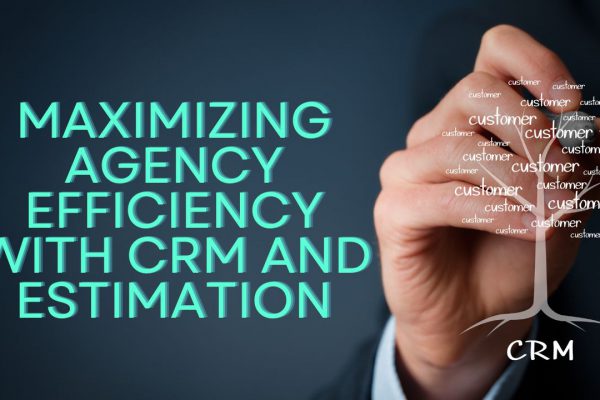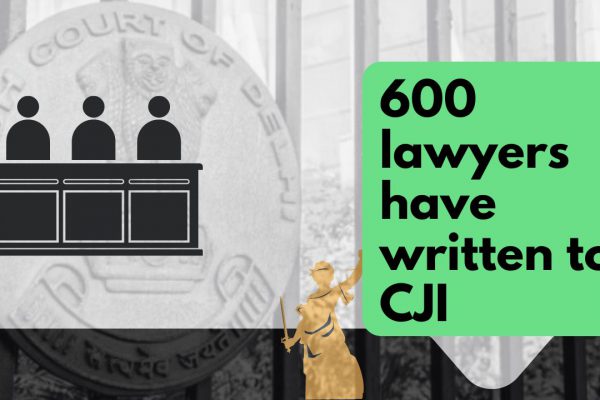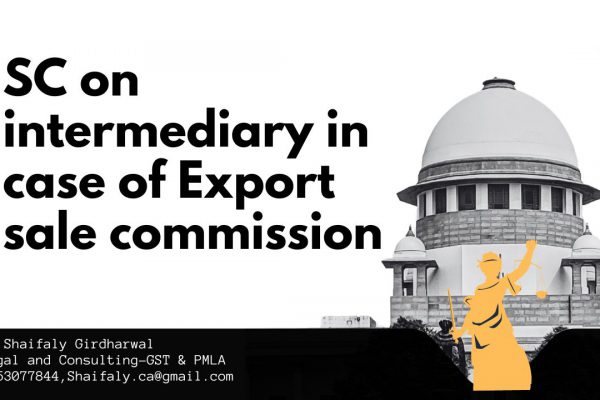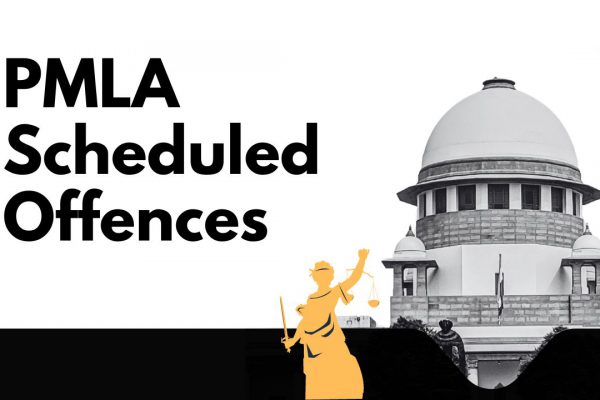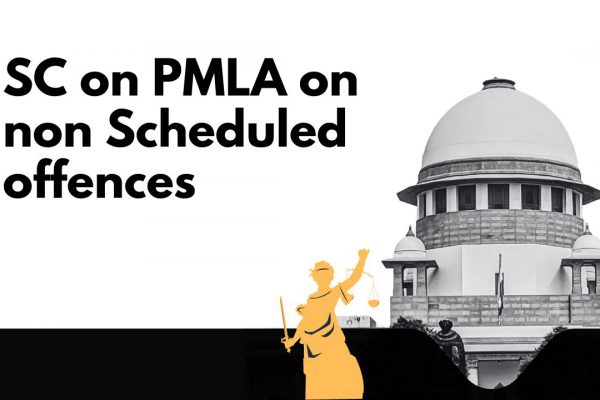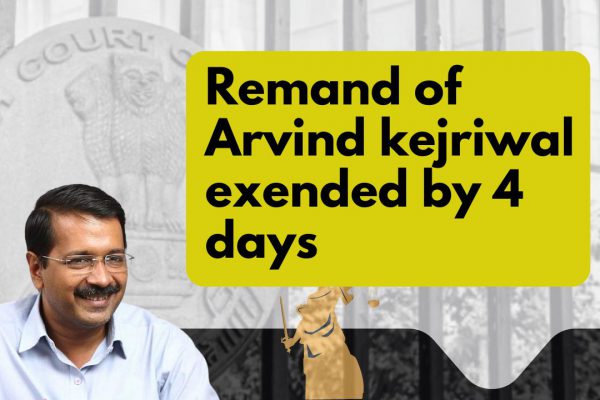GST Refunds Stuck Due to Difference Between Fob Value and CIF Value: an Analysis
It is seen that the CBIC and DGARM have held back many refunds of exporters due to the difference between the FOB Value of exports as reported in the Shipping Bills and the CIF Value as reported in the GST Invoices which also find a way in the Shipping Bill. The matter has been taken up to the CBIC and the Ministry of Finance. The following is an analysis of the said issue and our suggestions and conclusions in this regard –
Trade Practice –
Export sales are done in the international market as per INCOTERMS which lay down internationally accepted forms of transactions such as FOB, C&F, CIF, etc.
FOB- Free on Board i.e. value of goods at the time of Board.
CIF- Cost, Insurance & Freight i.e. value of goods at the time of delivery to recipient’s port – which includes the cost of transportation and insurance.
In the case of CIF contracts, the exporters incur the expenses of freight and insurance and raise a single invoice on their customers (single consideration). The responsibility to pay the freight and insurance rests with the exporter. In turn, the recipient of goods pays the amount mentioned in the invoice raised by the exporter.
It is pertinent to mention here that especially in the case of air cargo, the freight element is substantial. Also sometimes the exporters also keep a margin on the freight element. The following example will make it clear –
Say a Television is exported and the following are the details –
| FOB Value | Rs.1,00,000 |
| Freight | Rs.20,000 |
| CIF Value | Rs.1,40,000 |
Since many times the exporter is in a position to bargain the freight amount with the airlines or the shipping lines, it also jacks up the freight element to make extra profits.
GST Law –
Section 15 of CGST Act, 2017 which is made applicable to IGST Act to vide section 20 of IGST Act,2017, provides valuation under GST. The relevant extracts are reproduced below.
“15(1)value of a supply of goods or services or both shall be the transaction value, which is the price actually paid or payable for the said supply of goods or services or both where the supplier and the recipient of the supply are not related and the price is the sole consideration for the supply.
(2) The value of supply shall include–––…
(c) incidental expenses, including commission and packing, charged by the supplier to the recipient of a supply and any amount charged for anything done by the supplier in respect of the supply of goods or services or both at the time of, or before delivery of goods or supply of services;
Hence Value of Goods is the transaction value i.e. in the case of the export of goods under CIF contracts, the actual price is paid by the recipient to the supplier (exporter) for the said supply, which in CIF contracts includes freight and insurance.
Since exports are considered inter-state supplies in terms of section 7 of IGST Act 2017, the valuation thereto has to strictly arrive under the provisions of GST law only.
In our above example, the GST will be paid on the CIF Value of Rs.1,40,000/-.
Customs Law –
In respect of export, value has been defined in Customs Act, 1962 under Section 2(41) as under:-
“Value, in relation to any goods, means the value thereof determined in accordance with the provisions of sub-section (1) or sub-section (2) of section 14.”
And as per section 14(1) of the Customs Act, 1962, Valuation of goods:-
“For the purpose of the Customs Tariff Act, 1975 (51) of 1975), or any other law for the time being in force, the value of the imported goods and export goods shall be the transaction value of such goods, that is to say, the price actually paid or payable for the goods when sold for export to India for delivery at the time and place of importation, or as the case may, for export from India for delivery at the time and place of exportation, where the buyer and seller of the goods are not related and the price is the sole consideration for the sale subject to such other conditions as may be specified in the rules made in this behalf;
In our above example, the Customs Transaction Value will thus be the FOB Value of Rs.1,00,000/-.
GST Circular –
Circular No.125/44/2019-GST dated 18.09.2019 at para No.47, it has been clarified by the CBIC that:-
“It has also been brought to the notice of the Board ………………………… During the processing of the refund claim, the value of the goods declared in the GST invoice and the value in the corresponding shipping bill/bill of export should be examined and the lower of the two values should be taken into account while calculating the eligible amount of refund.”
Issue/Department View –
Department view is that the lower of the two values i.e. value Shown in Shipping Bill and Invoice, should be taken into account while calculating the eligible amount of refund.
Department view is that the value of Shipping Bill has not been defined in the CGST Act, 2017 nor it is not explained in Circular No.125/44/2019-GST dated 18.09.2019, that whether CIF or FOB value is to be taken.
As per section 14(1) of the Customs Act, 1962, value in respect of exports, where the buyer and seller of the goods are not related and the price is the sole consideration for the sale, transaction value of such goods for export from India for delivery at the time and place of exportation would be taken. Hence, FOB Value will be the value in respect of exports of goods.
Our View –
- Para 47 of the circular provides that “TRANSACTION VALUE” (As determined under Section 15 of the CGST Act ) should be recorded in the GST invoice and corresponding shipping bill.
- Section 15(2) clause (c) of CGST Act 2017 provides that Value of Supply of goods (transaction value) shall include incidental expenses, including commission and packing, charged by the supplier to the recipient of a supply and any amount charged for anything done by the supplier in respect of the supply of goods or services or both at the time of, or before delivery of goods or supply of services.
- Export supplies being made on CIF and CIF value is recorded in both GST invoice and corresponding Shipping Bills and both Invoice Value i.e. CIF and FOB value are recorded in every shipping bill, therefore there is no difference in the value declared in Invoice and Shipping Bills.Hence, for the purpose of GST refunds, the CIF Value should be considered
- As for the mark up in the freight portion, the same is a business profit being made by the exporter and there is no law that debars the exporter from making additional profits in the freight element.
- Further as per the Board’s Circular No.131/1/2020-GST read with Circular No. 16/2019-Customs, the field officers should check the ITC and the report should not take more than 21 days.Hence after 21 days, the exporters can ideally approach the Courts.
- Further, in case the report is clean, the refunds should start coming.
Conclusions –
On the basis of the above, it is concluded that –
- The CIF Value should be taken in the GST Invoice.
- The CIF value should be taken as the “Invoice value” in the customs Shipping Bill.
- There will always be differences in GST Invoice Value and FOB Value as per shipping bill. This should not be the reason for GST Refund Claims being stuck up.
- As for the mark up in the freight portion, the same is a business profit being made by the exporter and there is no law that debars the exporter from making additional profits in the freight element.
- A clarification is needed from CBIC w.r.t. ‘1’ to ‘4’ above
- The difference in FOB and CIF Value only should not be a criterion for tagging an exporter as ‘risky’.
- Even if the exporter is tagged as ‘risky’, the timeline of 21 days for clearance of file as per Circular 131 must be followed by field officers
- After the file is cleared by field officers, there must be a timeline for DG Systems/DGARM for clearing the file.
- A Custodian from DG Systems/DGARM must be made liable to report the reasons for non-clearance of files
- L2 Checking may only be reported by DG Systems/DGARM in exceptional cases and not as a rule.
 optional file name
optional file name
If you already have a premium membership, Sign In.
 CA Vivek Jalan
CA Vivek Jalan
Vivek Jalan, from Tax Connect, is a Chartered Accountant & a qualified L.LM & LL.B. He is The Chairman of The Ease of Doing Business Committee therein. He is a member of The Confederation of Indian Industries (CII)- Economic Affairs & Taxation Committee. He is the Member of The Consultative Committee of The Commissioner of SGST. He is also The Member of The Regional Advisory Committee of The Chief Commissioner of CGST. He is advising Large MNCs, PSUs & PAN India Organizations in GST & Income Tax and has offices in Kolkata, Delhi, Bangalore, Mumbai & now Surat. He is a regular Columnist and guest expert in Economic Times, Times of India, Dalal Street Journal, Money Control, Live mint, CNBC, Hindustan Times, Zee Business, Financial Express, other dailies, and business magazines like Business Today, etc. He is also a guest expert on Taxation matters in All India Radio and other media platforms. He is the Editor of Weekly Bulletin TAX CONNECT, a publication on Indirect Taxes and Direct Taxes which reaches more than 70000 professionals.



